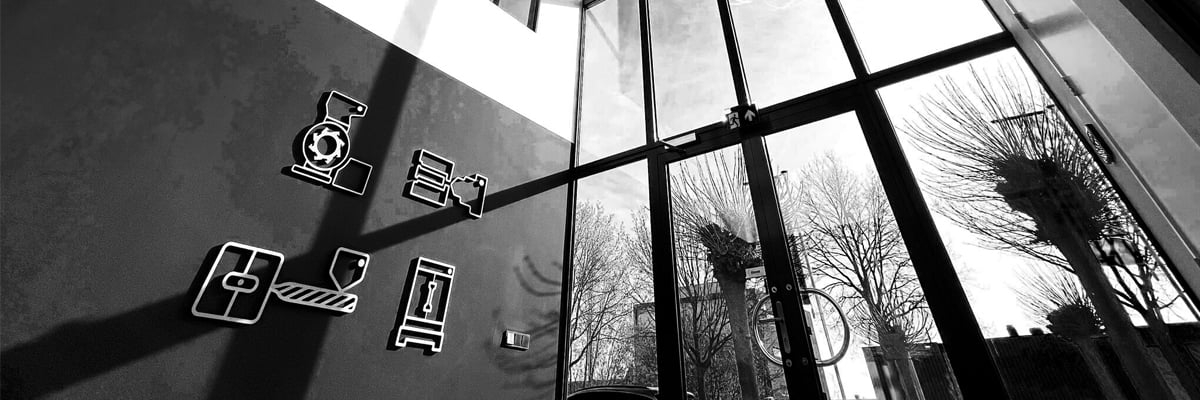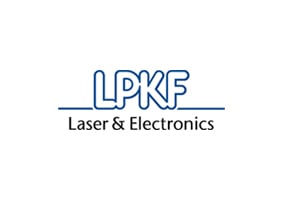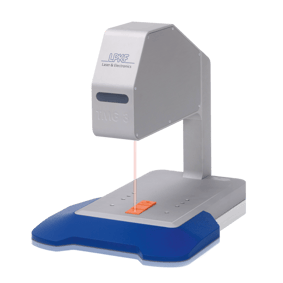
Laser measurements
Plastima distinguishes itself by offering only premium welding techniques; quality and durability!
In the market, conventional techniques such as gluing, screwing, and clipping are increasingly scrutinized, and the desire for durable and high-quality joining techniques is growing.
For plastic laser welding, the transparency of materials is crucial.
Laser measurements
Laser measurement is a technology that is becoming increasingly important in the plastics industry for various applications, including quality control, process monitoring, and 3D scanning. Here are some of the ways laser measurement is used in the plastics industry:
1. Quality control: Laser measurement can be used to measure the dimensions and characteristics of plastic parts with high accuracy and precision. This allows manufacturers to ensure that their products meet required specifications and standards. Laser measurement can also be used to detect defects or imperfections in plastic parts, such as cracks, warping, or deformations.
2. Process monitoring: Laser measurements can be used to monitor the performance of plastic manufacturing processes in real time. For example, laser sensors can be used to measure the thickness of plastic films during extrusion or the distance between plastic parts during assembly. This information can be used to adjust process parameters to improve product quality and consistency.
3. 3D scanning: Laser scanners can be used to create 3D models of plastic parts or products. This is useful for product design and development, as well as for quality control and inspection. Laser scanning can also be used for reverse engineering, where existing plastic parts are scanned to create a digital model that can be used to manufacture identical parts.
4. Laser marking: Laser technology can be used to mark or engrave plastic parts with text, logos or other designs. This is a permanent and accurate marking method that can be used for branding, labeling or identification purposes.
Overall, laser measurement technology has become an essential tool for the plastics industry, helping manufacturers improve quality, efficiency, and innovation.
Laser measurements at Plastima
 Laser measurements
Laser measurements
Plastima distinguishes itself by offering only premium welding techniques; quality and durability!
In the market, conventional techniques such as gluing, screwing, and clipping are increasingly scrutinized, and the desire for durable and high-quality joining techniques is growing.
For plastic laser welding, the transparency of materials is crucial.
Since LPKF's TMG 3 is set at 980nm wavelength, it measures with the same wavelength as absorption laser welding systems. This makes it easy to check inline or offline whether the materials to be used are suitable for the laser weld joint. The TMG 3 can therefore be used perfectly for quality purposes.
The cooperation between LPKF & Plastima has stood for more than 10 years!
LPKF downloads

Contact-information
Contact us

 English
English Nederlands
Nederlands
